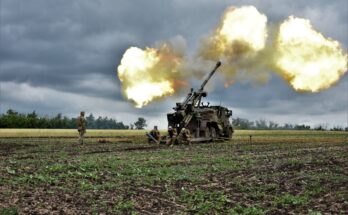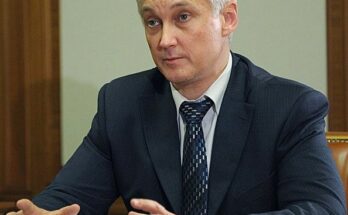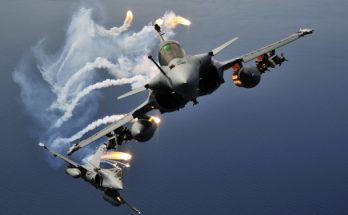
Last week, North Korean leader Kim Jong-un traveled northwards to Russia for a nearly week-long visit, meeting with Russian President Vladimir Putin and other top officials, as well as touring some of Russia’s eastern cities. Though the visit had a broad focus on the two countries’ bilateral relations, there was a strong military undertone to the trip suggesting an arms agreement could be in the offing.
President Putin was quick to deny that North Korean volunteers would be showing up on the battlefield in Ukraine anytime soon in the wake of his meeting with Kim, but what Moscow is after is military supplies. Throughout its war with Ukraine, Moscow has worked to acquire what it can from abroad, to either import new capabilities or supplement its existing inventories. Iran has supplied drones; China remains a key source of the microelectronics filling Russian systems.
From North Korea, Russia would plainly like access to the country’s artillery and ammunition stockpile. The North Korean Army possesses a massive arsenal of artillery guns, shooting the same caliber of ammunition as Russia’s forces. And Moscow has certainly sung Pyongyang’s praises; on a visit to North Korea in July, Russian Defense Minister Sergei Shoigu heralded the country’s military as the world’s “most powerful” army.
Despite its international outreach, Russia has mostly had to rely on its own industry to meet wartime demand, ramping up defense expenditure to support its armed forces. Russia’s defense industry likely can now produce up to two million artillery shells on an annual basis, in addition to increased production of the systems that shoot them. Main battle tank production is likely at 200 units per year. Devoting well over a third of public outlays to military necessities has generated significant results in defense manufacturing, but at the cost of siphoning funds that could have gone to other public interests.
Timing is, moreover, important, as imported munitions from North Korea would help Russia stockpile ahead of the winter and, in the future, possibly resume its own offensive operations against Ukraine. U.S. General Mark Milley, Chairman of the Joint Chiefs of Staff, estimated in a recent interview that weather will only remain permissive for offensive Ukrainian operations for another four to six weeks.
Whether that weather forecast bears out, at this point in the war, Russia’s strategy is to outlast Western support for Ukraine. Kyiv has received tens of billions of dollars’ worth of military hardware and economic and humanitarian assistance; the Kremlin figures that this largesse cannot last indefinitely. No doubt the leadership in Russia is aware of the quiet grumbling in Western circles about the grueling pace of Ukraine’s counteroffensive, which has retaken ground but fallen well short of achieving any major breakthroughs. The matter has gone quite public, with Ukrainian Foreign Minister Dmytro Kuleba telling critics to “shut up” late last month.
From Pyongyang’s perspective, Russia’s industry offers some attractive military products for North Korea. Thanks to its nuclear weapons program, North Korea has been under international sanctions, including on the import of major conventional weapons, since the 2000s. Russia “never violate[s] anything, and in this case, we are not going to violate anything either,” said President Putin following Kim’s visit, denying that Russia would break international law to enter into arms contracts with the sanctioned country.
But even so, Kim received a tour of the Komsomolsk-on-Amur Aircraft Plant, manufacturer of the Su-27 family of combat jets as well as the Su-57, Russia’s stealth fighter. He also got a good look at several Russian bomber aircraft at a base near Vladivostok, and the Kinzhal hypersonic missile. Russia also showed off its space technology and civilian airliners, but the message was that there is a lot Russia could offer North Korea by way of military platforms or related defense technology.
Following Kim’s meeting with Shoigu in Vladivostok, North Korean media stated,
“Kim Jong Un and Sergei Shoigu exchanged views on regional and international military and political circumstances and exchanged constructive views on issues related to continued strengthening of tactical and strategic interaction, cooperation and mutual exchanges between the armed forces of the two countries, as well as in the field of defense and security.”
Was a bargain struck? Nothing in this regard was announced, and nor would the sides be likely to trumpet a deal if one was reached. But Kim offered Pyongyang’s “full and unconditional support” for Russia’s war effort – including, perhaps, some of his arsenal’s coveted artillery shells.
Military markets analyst, covering Eurasia, Middle East, and Africa.




